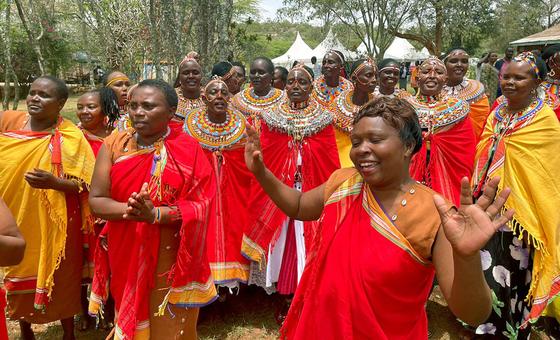
Isa Costa, a Member of the ECOWAS Parliament, has described female genital mutilation (FGM) as one of the most pressing challenges still facing the West African region, highlighting ongoing cases in Guinea-Bissau, Nigeria, and other member states.
Speaking to Inforpress on Thursday, July 31, as part of celebrations marking African Women’s Day, Costa used the opportunity to draw attention to the persistent threat posed by FGM and the limited political participation of women in the region.
“We are still facing the legalization of female genital mutilation, and my role in parliament is to speak out against this practice, which, unfortunately, is seen as a cultural act in some African countries,” Costa said.
He expressed deep concern over continued attempts to roll back progress, citing a recent move in Gambia to repeal its 2014 law banning FGM. However, thanks to strong parliamentary opposition, the legislation remains in place.
Costa also acknowledged Cape Verde’s progress, calling it “a reference at practically all levels,” including in freedom of expression, democracy, gender equality, and the fight against domestic violence.
He pointed to these achievements as benchmarks for the broader region, though noting much work remains to be done.
The ECOWAS legislator commended the observance of African Women’s Day and praised the strides African countries have made in various areas of women’s empowerment.
African Women’s Day, established on July 31, 1962, during a women’s conference in Dar es Salaam, Tanzania, commemorates the essential role women have played—and continue to play—in Africa’s development and liberation movements. Today, it is officially recognized in 14 countries across the continent.
Despite gains in employment and political representation, many African women still face systemic inequalities, including lower wages and entrenched cultural barriers. Costa stressed that days like African Women’s Day serve not only as a celebration but as a reminder of the work yet to be done to eliminate gender-based violence and discrimination across West Africa.



